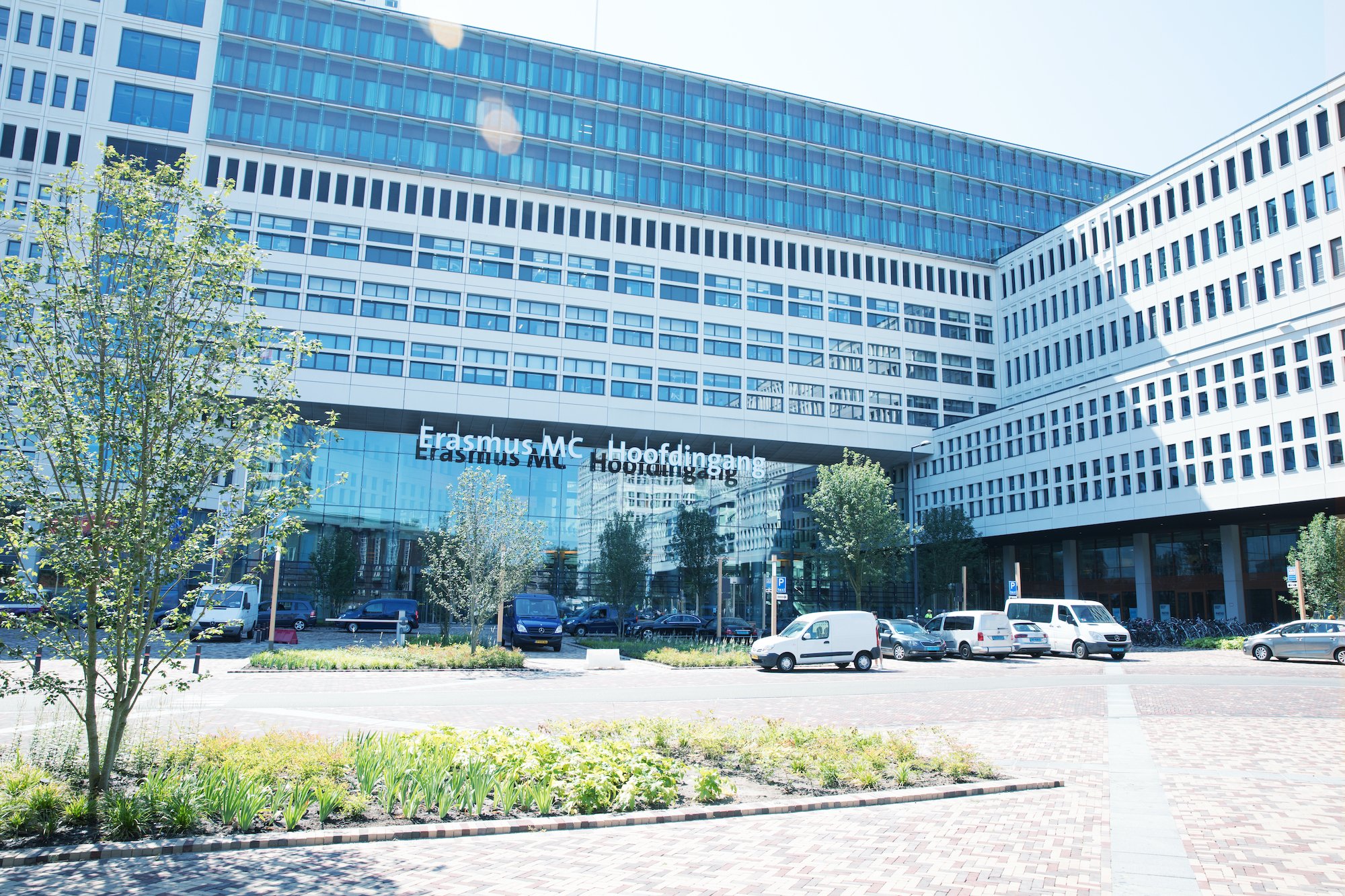PhD candidate molecular mechanisms of Von Willebrand factor secretion
PhD candidate molecular mechanisms of Von Willebrand factor secretion
You cannot apply for this job anymore (deadline was 19 Jun 2021).
Browse the current job offers or choose an item in the top navigation above.
Job description
Von Willebrand factor (VWF) is a blood coagulation protein that is produced by endothelial cells in the blood vessel wall. VWF is stored in secretory organelles, so-called Weibel-Palade bodies, from which it is rapidly secreted into the circulation following injury. Low circulating levels of the hemostatic protein Von Willebrand factor (VWF), such as in Von Willebrand disease, give rise to an increased risk of bleeding. The exact mechanisms that give rise to low VWF levels are still unknown but can depend on regulators of membrane trafficking and secretion in endothelial cells, such as SNARE proteins.
In this project, which builds on recent publications from our lab on Weibel-Palade body biogenesis and VWF secretion (Karampini et al., Haematologica 2021, 106(4):1138-1147) and which is funded by the Landsteiner Stichting voor Bloedtranfusie Research (LSBR), we aim to understand how components of the membrane fusion machinery in anterograde and retrograde ER-Golgi transport control VWF trafficking through the endothelial secretory pathway. You will use cutting-edge molecular and cellular analysis, such as high resolution imaging, proteomics and CRISPR gene editing, to unravel the molecular mechanisms that determine Weibel-Palade body biogenesis and VWF secretion.
In this project, which builds on recent publications from our lab on Weibel-Palade body biogenesis and VWF secretion (Karampini et al., Haematologica 2021, 106(4):1138-1147) and which is funded by the Landsteiner Stichting voor Bloedtranfusie Research (LSBR), we aim to understand how components of the membrane fusion machinery in anterograde and retrograde ER-Golgi transport control VWF trafficking through the endothelial secretory pathway. You will use cutting-edge molecular and cellular analysis, such as high resolution imaging, proteomics and CRISPR gene editing, to unravel the molecular mechanisms that determine Weibel-Palade body biogenesis and VWF secretion.
Specifications
- max. 36 hours per week
- €2495—€3196 per month
- Rotterdam View on Google Maps
Requirements
- You hold a university MSc degree in Biomedical Sciences, Medical Biology, Molecular Sciences, Nanobiology or any other field that has affinity with basic and/or translational research.
- You are highly motivated and have a keen interest in disease mechanisms, cell biology, and molecular biology.
- You have hands-on practical laboratory experience, such as cell culturing, imaging and molecular and cellular techniques.
- You are able to work both independently and within a team.
- You have excellent communication and presentation skills. Fluency in spoken and written English is a prerequisite.
- The department highly supports candidates who want to develop their skills in collaboration, leadership, goal-oriented working, creativity, initiative, engagement, vision, and visibility.
Conditions of employment
You will receive a temporary position for 4 years. The gross monthly salary is € 2.495,- in the 1st year and increases to € 3.196,- in the 4th year (scale OIO). The terms of employment are according to the Collective Bargaining Agreement for Dutch University Medical Centers (CAO UMC).
Employer
Erasmus MC
The Department of Hematology at the Erasmus MC has pioneered innovative methods to understand the mechanisms of hematological disease on a molecular and cellular level. The Erasmus MC is the largest treatment center for bleeding disorders in the Netherlands. Together with the department of Pediatric Hematology our department operates within the Academic Center of Excellence Hemostasis and Thrombosis, where our clinical and basic research revolves around finding out why patients bleed or suffer from thrombosis and how to improve their treatment. Our research is very well supported by genetic and clinical research of patients with bleeding disorders, including the largest cohort study of patients with Von Willebrand disease in the world, the Willebrand in the Netherlands (WiN) study. Combination of our patient cohort studies with cutting-edge molecular and cellular technologies on patient cells provides the unprecedented opportunity to perform innovative research on the biological mechanisms of bleeding disorders and to make discoveries that impact the routine practice of patient care.Our group operates at the interface of hemostasis and cell biology and focusses on the storage and secretion of VWF, a plasma protein with a pivotal role in hemostasis, from Weibel-Palade bodies (WPBs) in endothelial cells. We use in vitro and ex vivo experimental studies on (patient-derived) endothelial cells and platelets with the objective to elucidate the mechanisms that regulate secretion of hemostatic, inflammatory and angiogenic mediators, in health and disease.
Specifications
- PhD
- Health
- max. 36 hours per week
- €2495—€3196 per month
- University graduate
- 21.17.21.TDdH-P735586-1
:fill(white)/logos/emc-en-wide.png)
